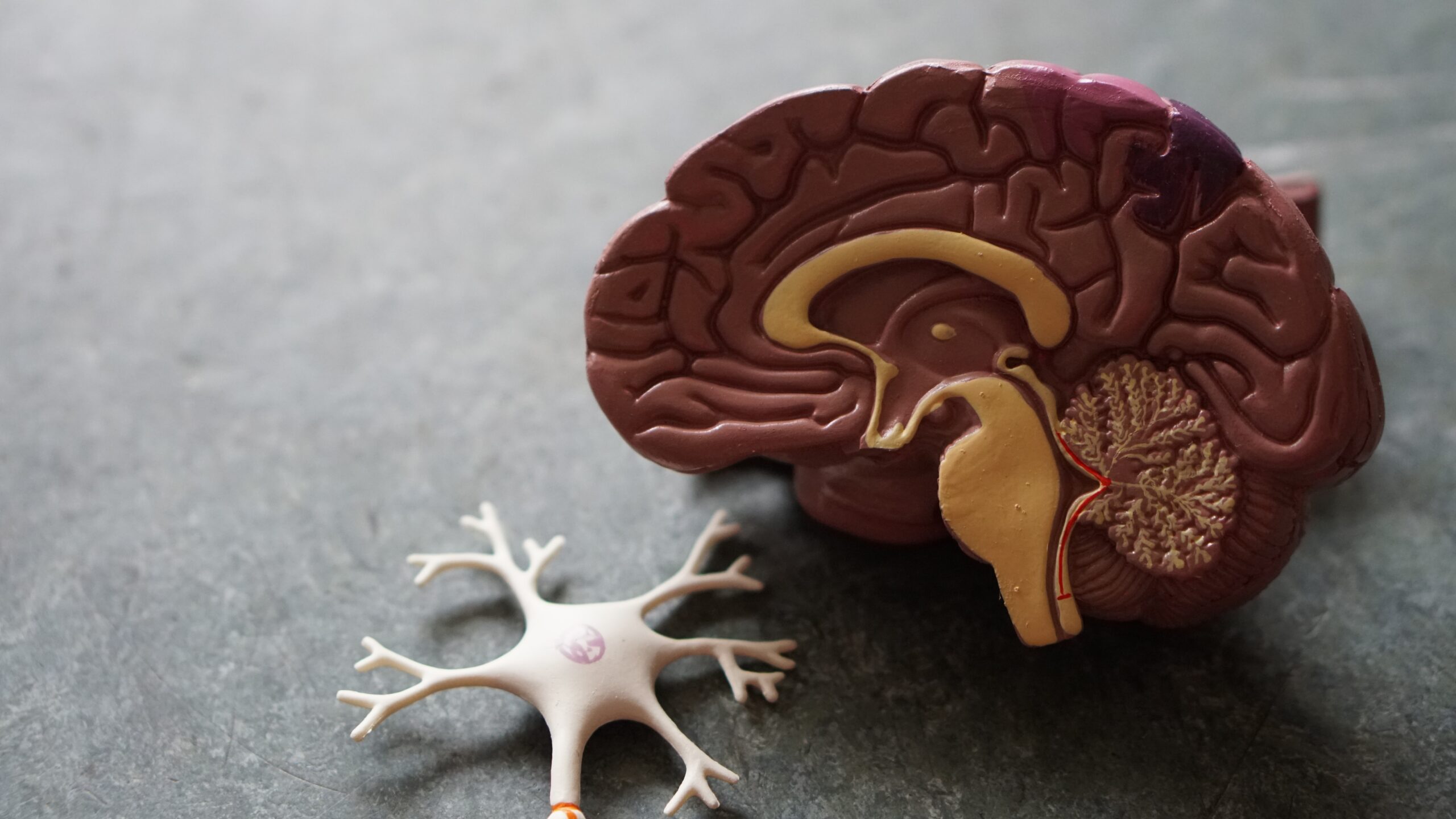Tips to Manage Dementia Caregiver Stress and Burnout
Being a caregiver can be a challenging role, both physically and emotionally. Caregiving, while a noble and essential role, often comes with its own set of difficulties. From managing the needs of the person being cared for to balancing personal life, caregivers frequently experience stress, burnout, and anxiety. If you’re a caregiver feeling overwhelmed, you’re not alone. This post aims to provide actionable tips to help manage dementia caregiver stress and burnout.
Understanding Caregiver Stress
Caregiver stress is the emotional and physical strain of caregiving. It can be overwhelming and exhausting to take care of a loved one for the prolonged time. Being a caregiver is hard. Indeed, it requires responsibilities, patience, empathy, and selflessness to navigate the complexities of caregiving for someone who’s ill or has special needs. As a result, caregiver stress syndrome, caregiver burnout, and caregiver depression and anxiety may be common.
Specifically, symptoms might include feeling overwhelmed, constantly worrying, feeling tired, gaining or losing weight, and becoming easily irritated. The Mayo Clinic reports that caregivers are more likely to experience symptoms of depression or anxiety. Consequently, they are more likely at risk for more medical problems, such as heart disease and diabetes, due to improper care of themselves. Other research even shows that caring for “severely ill adult patients can be extremely stressful and could result in an array of adverse outcomes, including PTSD.”
Caregiver Stress for Loved Ones with Dementia and Alzheimer’s
Taking care of someone with dementia or Alzheimer’s disease can be extremely challenging. As the disease progresses, loved ones may experience memory loss, cognitive decline, behavioral changes, and a loss of independence. All these can be disheartening and emotionally draining. Caregivers must continuously adapt to the changing needs of their loved ones, providing physical assistance, managing medications, ensuring safety, and navigating communication difficulties. Additionally, they may face significant disruptions to their own lives, such as increased responsibilities, financial strain, and reduced personal time or social interactions.
In particular, if you have a close relationship with a grandparent or parent who has Alzheimer’s, it can be an incredibly difficult and emotional experience providing care for them. They were once a source of comfort and guidance, but now struggle to do things such as remembering your name. The memories you made throughout your life and the relationship you have is unfortunately altered by this disease.
Tips to Manage Dementia Caregiver Stress and Burnout
1. Educate Yourself:

Knowledge is power. It’s important to gain knowledge about the disease, including its different stages, symptoms, and available treatment options. Understanding the disease can help you anticipate and effectively address the needs of your loved one. It can be a challenging time, but with the right information, you can provide the best possible care and support for them. Numerous resources and courses are available for caregivers, ranging from understanding specific illnesses to managing the emotional challenges of caregiving.
2. Set Boundaries to Take Breaks:
One of the most common causes of caregiver stress is the feeling of being “on-call” 24/7. It’s crucial to set boundaries to ensure you get the rest and personal time you need. Communicate your needs clearly to family members or others involved in the care process. For instance, if Sundays are your personal days, ensure others know and respect that. Only when you can keep a good balance between providing care for your loved one and taking care of yourself can you really keep your well-being in check.
Meanwhile, it is important to take breaks. Respite care is a short-term break for caregivers. It can range from a few hours of in-home care to a short stay in a care facility for the person you’re caring for. Utilizing respite care services can help you recharge and reduce the risk of burnout. Local community organizations often provide respite care services or can guide you to available resources.
3. Establish Routines:
Establishing a consistent daily routine can provide structure and familiarity, which can be comforting for loved ones. For people with dementia or Alzheimer’s, for example, stick to regular schedules for meals, medications, and activities to reduce confusion and promote a sense of stability.
4. Simplify the Environment:
Creating a safe and organized space can make a huge difference in reducing sensory overload. By removing any unnecessary items and potential hazards, labeling important objects, and keeping the environment clutter-free and easy to navigate, you can create a calming atmosphere. Without a doubt, a cluttered environment often leads to a cluttered mind. Staying organized can significantly reduce stress. Consider using tools like calendars, to-do lists, or even caregiving apps to keep track of medications, appointments, and daily tasks. A well-structured routine can make the caregiving journey smoother.
5. Practice Effective Communication:
Use clear and simple language when speaking to your loved one. Maintain eye contact, speak slowly, and give them enough time to process information. Avoid arguing or correcting their memories; instead, validate their feelings and focus on the present moment. Additionally, cherish the small moments of joy, connection, and engagement with your loved one. Focus on preserving their dignity, showing love, and creating meaningful experiences together.
6. Join Support Group to Reduce Dementia Caregiver Stress:
Connecting with fellow caregivers can provide a sense of community and understanding. When you receive valuable guidance and emotional support, it helps you navigate this challenging journey. Online support groups as well as offline ones, offer a platform to share experiences and seek advice. Further, you can find solace in knowing you’re not alone. Websites like the AARP offer directories of support groups specifically tailored for caregivers. Other resources are also available, including support groups for caregivers, organizations that provide Alzheimer’s support, and professional counseling. If you’re feeling overwhelmed, please don’t hesitate to reach out. Remember, you don’t have to face this alone.
7. Improve Self Care:
As someone who takes care of others, it’s important to prioritize your own well-being too. You deserve breaks and moments of joy, and it’s okay to ask for help from loved ones. Remember, taking care of yourself is key to manage caregiver stress and burnout. More importantly, it is also the key for you to continue providing the best care possible.
As we all know, self-care isn’t a luxury; it’s a necessity. As the saying goes, “You can’t pour from an empty cup.” Caregivers need to prioritize their well-being to provide the best care possible. Simple self-care activities can include reading a book, taking a walk, listening to music, or even indulging in a hobby. Remember, taking time for yourself isn’t selfish; it’s essential for both you and the person you’re caring for.
Physical Well-being:
Physical health plays a pivotal role in mental well-being. Simple exercises, even just a daily walk around the block, can boost mood and reduce anxiety. If you’re feeling the physical symptoms of caregiver burnout and stress, such as weight gain or loss, it’s essential to address them. Physical activity can act as a natural stress reliever and improve overall well-being.
Mindfulness and Meditation:
Mindfulness practices, like meditation, have been shown to reduce anxiety and improve mood. Even just a few minutes of deep breathing or meditation can make a difference. Apps like Headspace or Calm offer guided meditations tailored for various needs, including stress relief.
8. Utilize Community Resources:
It can be overwhelming to care for a loved one with Alzheimer’s. But did you know that there are many resources available in your community to support both patients and caregivers? From respite care to adult day programs, home care services to educational workshops, these helpful services can provide much-needed relief. Don’t hesitate to take advantage of them. You and your loved one deserve the best care possible.
9. Plan for the Future:
As dementia or Alzheimer’s disease advances, it is crucial to prepare for the future. This involves making legal and financial arrangements, discussing preferences for care, and exploring long-term care options with the guidance of a trusted attorney or financial advisor.
10. Seek Therapy to Reduce Caregiver Stress
There’s no shame in seeking help. If you find yourself constantly feeling down, it might be time to consider therapy or counseling. Therapists can provide coping strategies, a space to vent, and guidance on managing stress. Remember, seeking help is a sign of strength, not weakness.
If you are caring for someone with dementia or Alzheimer’s disease, therapy can be incredibly helpful. It offers emotional support, teaches stress management techniques, provides education on the disease, and offers practical coping strategies. Therapy can also help with adjustment and acceptance and give you a sense of connection and support. By seeking therapy, you can prioritize your own well-being and gain the tools you need to navigate caregiving challenges with resilience.
Mind Connections can help you, call now to learn more about receiving support!
Content Creator, Victoria Gallo; Reviewed by Dr. June Cao





That’s a great point about understanding the caregiver stress